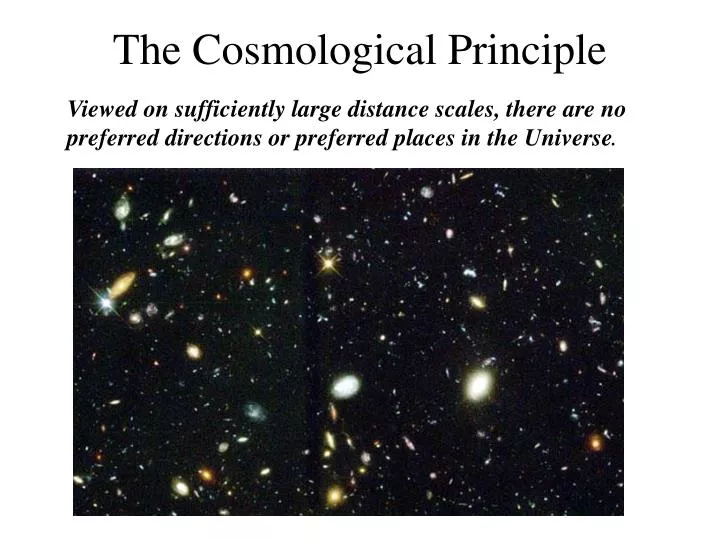

At the time, Einstein believed in a static universe, but found that his original formulation of the theory did not permit it. In 1916, Albert Einstein published his theory of general relativity, which provided a unified description of gravity as a geometric property of space and time. Modern cosmology developed along tandem tracks of theory and observation. See also: Timeline of cosmology and List of cosmologists Areas relevant to cosmology include particle physics experiments and theory, theoretical and observational astrophysics, general relativity, quantum mechanics, and plasma physics.

Ĭosmology draws heavily on the work of many disparate areas of research in theoretical and applied physics. This model requires the universe to contain large amounts of dark matter and dark energy whose nature is currently not well understood, but the model gives detailed predictions that are in excellent agreement with many diverse observations. A few researchers still advocate a handful of alternative cosmologies however, most cosmologists agree that the Big Bang theory best explains the observations.ĭramatic advances in observational cosmology since the 1990s, including the cosmic microwave background, distant supernovae and galaxy redshift surveys, have led to the development of a standard model of cosmology. These advances made it possible to speculate about the origin of the universe, and allowed the establishment of the Big Bang theory, by Georges Lemaître, as the leading cosmological model. Physical cosmology, as it is now understood, began with the development in 1915 of Albert Einstein's general theory of relativity, followed by major observational discoveries in the 1920s: first, Edwin Hubble discovered that the universe contains a huge number of external galaxies beyond the Milky Way then, work by Vesto Slipher and others showed that the universe is expanding. Cosmology as a science originated with the Copernican principle, which implies that celestial bodies obey identical physical laws to those on Earth, and Newtonian mechanics, which first allowed those physical laws to be understood. A cosmological model, or simply cosmology, provides a description of the largest-scale structures and dynamics of the universe and allows study of fundamental questions about its origin, structure, evolution, and ultimate fate. Physical cosmology is a branch of cosmology concerned with the study of cosmological models.


 0 kommentar(er)
0 kommentar(er)
